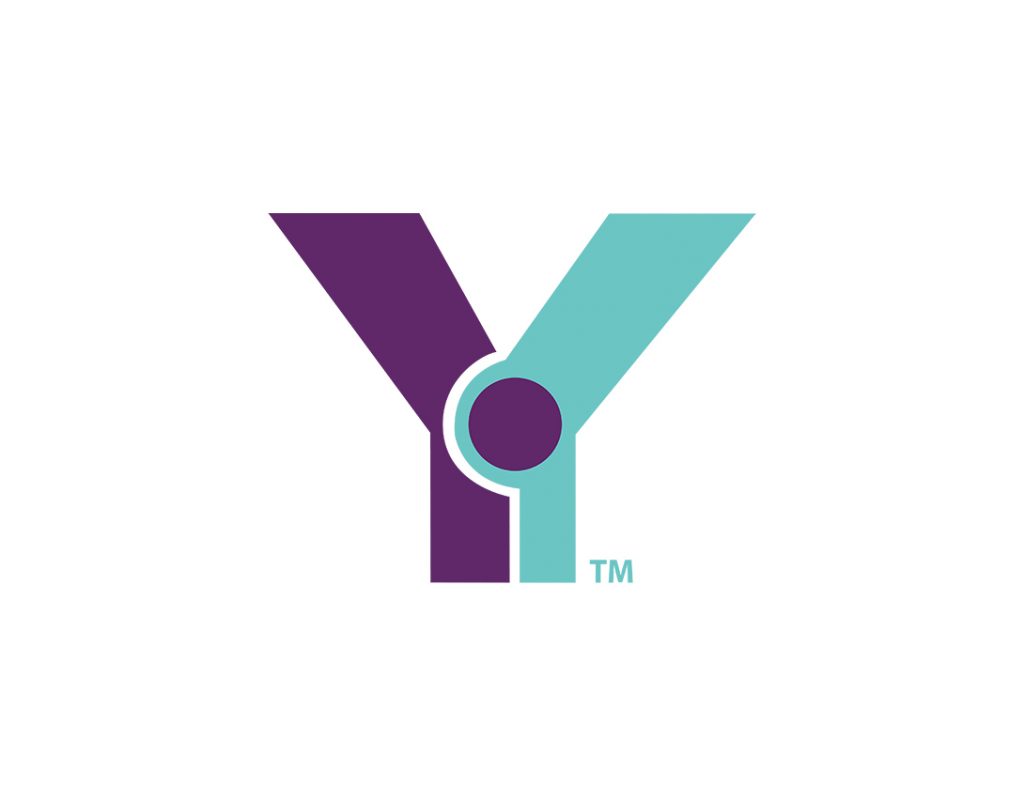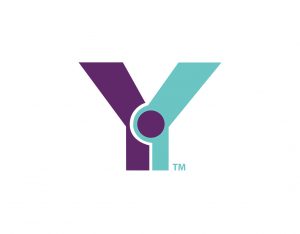When you visit our Y preschool classrooms, you will see our children busy at work, exploring topics of interest through interaction with a variety of materials and through collaboration with other children and adults. Children in the different classrooms are busy exploring carefully selected topics and engaging in a variety of relevant projects. In one classroom, children are studying New York City, creating buildings and skyscrapers and posters for “Broadway” shows. In another room, children are comparing dinosaurs who eat meat and those who eat plants. In still a third, children are creating buildings out of wood, blocks and cardboard boxes, reading the Three Little Pigs to discover how they made their buildings and turning their dramatic play area into an architect’s office.
We choose our topics depending on children’s interests or possibly from a current interest or experience in the neighborhood or on the news. By listening to children’s conversations as they are playing, a teacher can get a good idea about the interests of the class and can then plan appropriate experiences and projects based on those interests. This type of planning curriculum, known as emergent curriculum planning involves a good deal of listening, documentation, flexibility and creativity on the part of the teacher and leads to more relevant learning experiences for children. For example, in one class, there was a lot of conversation among the children about having a party, inviting friends and creating decorations. The classroom teacher along with the children then planned activities including creating cakes out of found materials, putting prices on the cakes and creating a bakery, blowing up balloons using a baking soda and vinegar solution, having open-ended materials in the art area with which to create decorations, making invitations in the writing center and creating party hats. The curriculum areas including math, literacy, science, social studies, music and art were integrated within the party exploration as children created price tags, discovered alternate ways to blow up balloons and developed and wrote their own invitations.
When units of study are based on student interest, involve students in planning and incorporate more open-ended materials, children are working to construct their own learning and learning becomes more meaningful. Children are empowered to ask their own questions, conduct their own investigations, and make decisions regarding their daily activities. By providing these opportunities for children, we are enabling them to become independent thinkers and lifelong learners. They are able to experience self-motivated learning, which will only increase their desire to dig deeper, ask more questions, and conduct more research
As children are participating in meaningful units of study, they become involved in project-based learning incorporating ongoing collaborative projects that encourage design, problem-solving, decision-making and investigative research. For example, within the study of New York City, the children worked together to figure out how to create a three-dimensional model of Manhattan – tape was used to form the grid that represented the streets and found materials were used to create skyscrapers, traffic and parks. Paper towel rolls were placed underneath the model to represent the subway tunnels. Similarly, children studying dinosaurs worked together to plan and create a large dinosaur model using cardboard boxes, tubing and paint and based on the research that they conducted on how dinosaurs may have looked and moved.
Teachers take an active, intentional role in the learning using a balanced approach that combines children’s interests and needs with the goals of achieving the New York State standards for prekindergarten. Intentional and engaged teachers also acknowledge and support the roles children play in their learning as active, engaged learners. While emergent curriculum approaches draw on a range of intentional teaching practices, the emphasis is on co-constructed learning. Co-constructed learning recognizes the importance of teachers and children making meaning as they interact together.
To schedule a tour click here:
By Susan Herman, Director of Early Childhood Services



